Unlocking solutions: Students shine in Global Health Case Challenge to combat infodemics
In a cold weekend in December 2023 and in a whirlwind of creativity and collaboration, 60 students from 8 different universities and institutions gathered for the University of Copenhagen’s annual Global Health Case Challenge. Not only did the challenge test their problem-solving skills but also provided invaluable insights for the World Health Organization (WHO) to combat the rising challenge of infodemics.
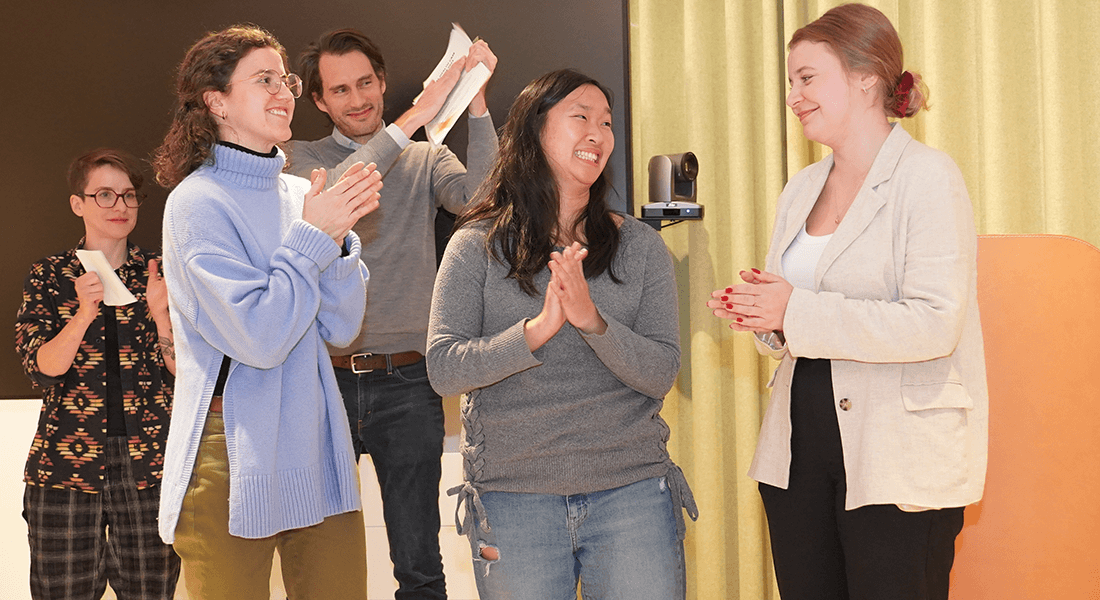
Diverse teams, diverse ideas
Thirteen teams, comprised of students with diverse backgrounds and perspectives, worked intensively over three days to address the multifaceted issue of infodemics. From tackling skepticism, false information, overabundance of information, and many challenges navigating the maze of health-related misinformation.
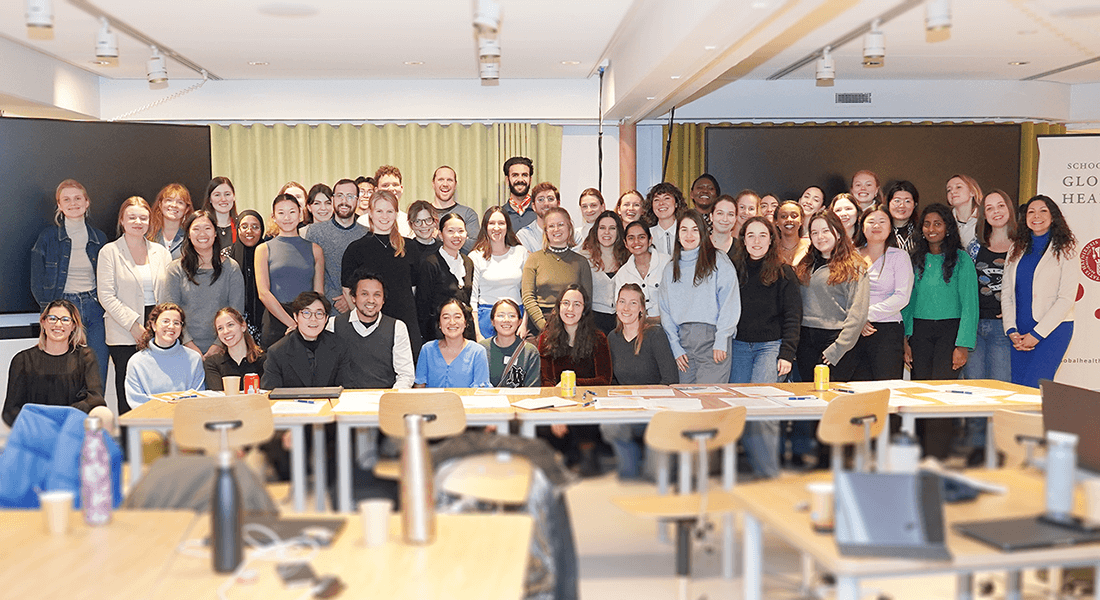
The WHO's call for creativity
As misinformation continues to jeopardize public health efforts, the WHO's Risk Communication, Community Engagement & Infodemic Management Team is looking for solutions that go beyond technological fixes. The Global Health Case Challenge aimed to inspire creative, thoughtful alternatives that focus on inspiring, discussing, supporting, and co-creating, rather than simply educating, or enforcing.
The scope of the challenge was truly global, with teams focusing on various challenges from different corners of the world. The teams left no stone unturned in their quest for impactful solutions for specific challenges, diving into topics such as:
- misuse of opioids by young risk groups due to self-diagnosis
- strengthening infodemic management strategies within the WHO
- destigmatizing HIV
- engaging communities with vaccine hesitancy
- focusing on the dilemmas in marketing of milk formula to rural communities
- strengthening resistance to false information related to antimicrobial resistance
- empowering youth to navigate the health misinformation landscape through gamification
- diving into improving the quality of research to increase institutional trust
- empowering religious communities and families to navigate the vaccine information landscape
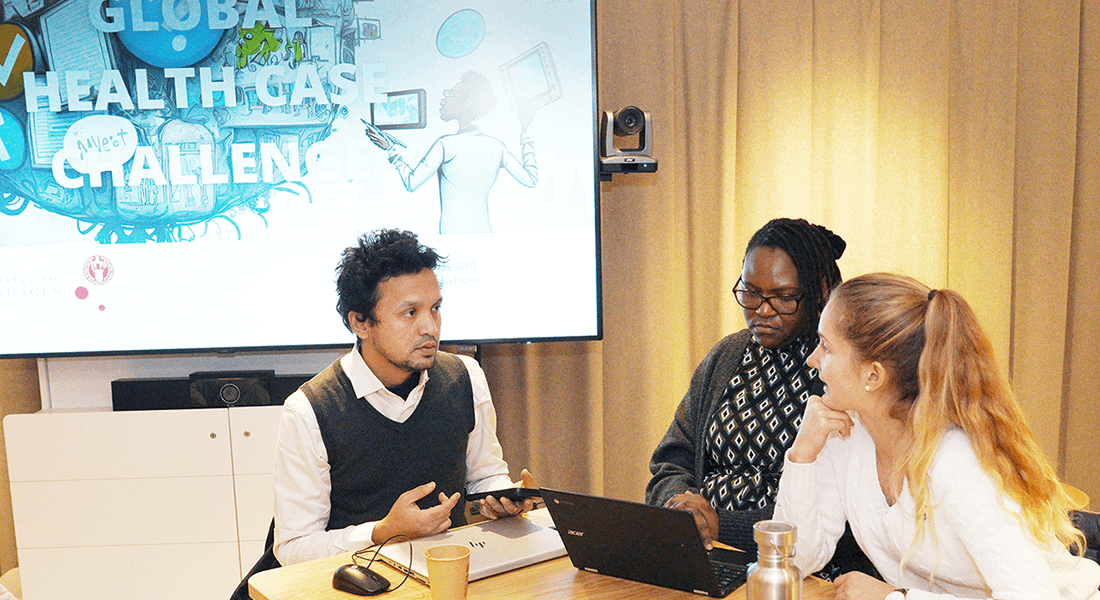
Global challenges, global solutions
The intensity and diversity of the students’ ideas injected a fresh perspective into the fight against infodemics, offering WHO a rich tapestry of insights and inspiration. In the many intervention proposals, the ideas that were highlighted by the jury stood out as they went beyond traditional health and education avenues, engaging with art, culture, gamification, and community-building to combat misinformation. Imagine fighting infodemics in art spaces, through social board games, and within interactive exhibitions.
According to the case provider, the value of tapping into student creativity cannot be overstated. Their multidisciplinary collaboration and innovative thinking bring a unique and fresh perspective to the complex issue of infodemics.
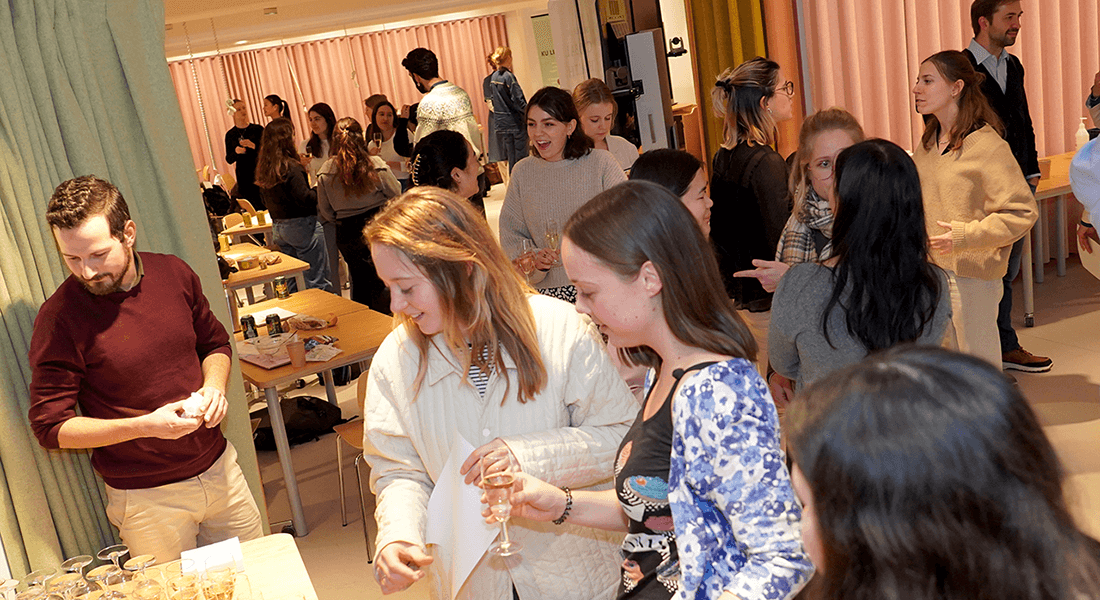
Strong ideas in a very short design sprint
Through three intense days of a design sprint, the 60 participants worked to develop their solutions to the various aspects of the infodemic challenge, gained hands-on experience with design thinking, pitching, and most importantly teamwork to tackle the challenges. The professionalism and quality of the ideas were impressive.
By the third day, they delivered 13 strong presentations to a panel consisting of
- Nils Fietje, Technical Officer, Behavioural and Cultural Insights, World Health Organization
- Stefan Voinea, Infodemic Management Officer, Risk Communication, Community Engagement & Infodemic Management, World Health Organization
- Louise Whiteley, Associate Professor and Curator, Medical Museion & Novo Nordisk Foundation Center for Basic Metabolic Research, University of Copenhagen
- Flemming Konradsen, Senior Vice President, Social & Humanitarian, Novo Nordisk Foundation and Professor, Department of Public Health, University of Copenhagen
- Peter Løvschall, Business developer, Faculty of Health & Medical science & KU Lighthouse, University of Copenhagen
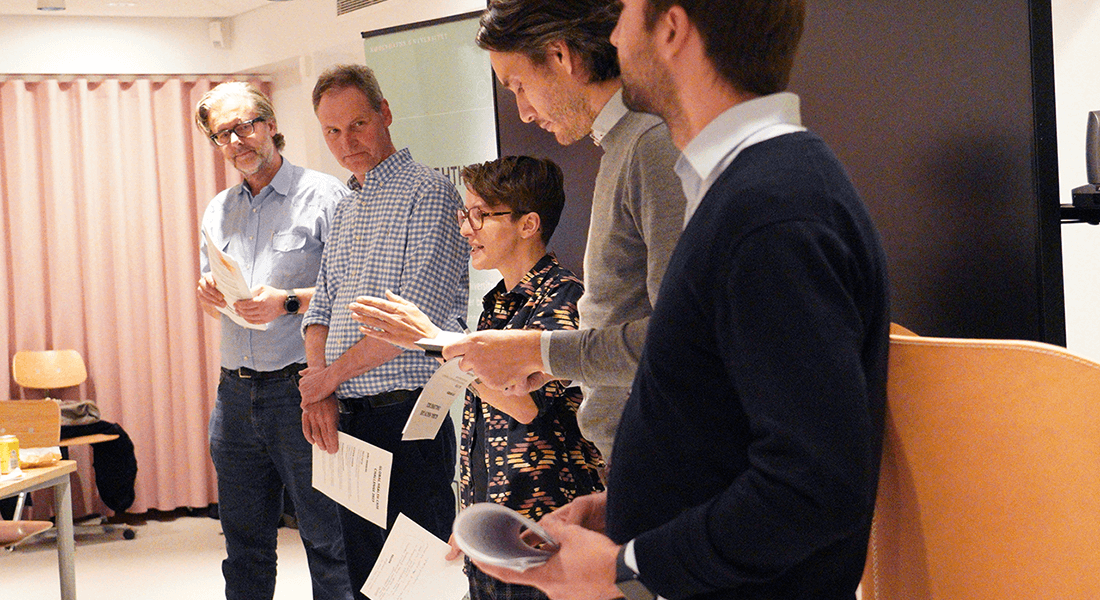
Inspiring future solutions
The conclusion from the panel was clear and sends a resounding message to students: your creativity matters, and your ideas can shape the future of global health. As the world grapples with the challenges of misinformation, there's a call for more students to join such events, where academic skills meet innovation, and where collaboration sparks real-world solutions.
So, if you're a student with a passion for making a positive impact on global health, consider joining the next Global Health Case Challenge in Summer 2024. Your creative spark might just be the key to unlocking solutions that could save lives and reshape the way we tackle global health challenges.
